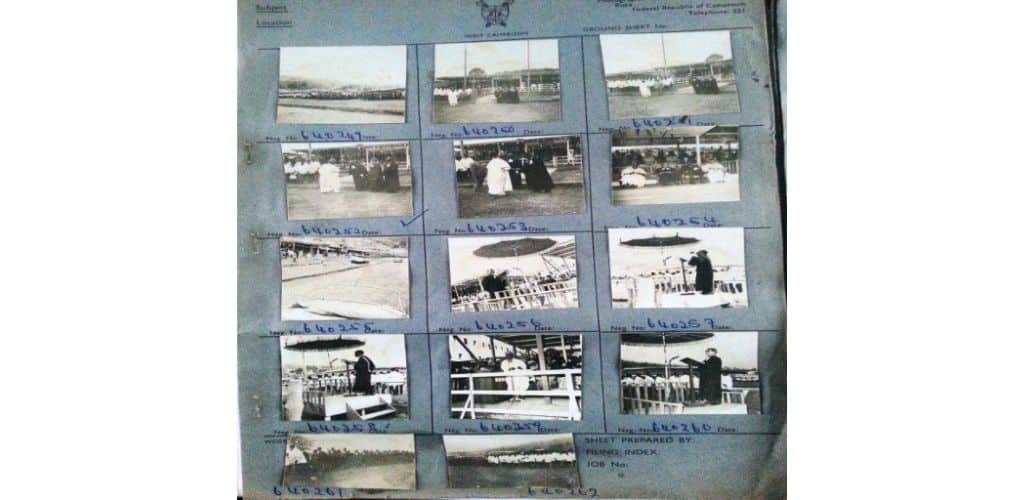The Ninth Circuit has affirmed a federal district court’s ruling that the owner of a collection of photos was entitled to statutory damages for each infringed photo even though the owner had registered the collection with the US Copyright Office as a single database.
The case involves the Zillow online real estate marketplace.
As the court noted, VHT is the largest professional real estate photography studio in the country, and thousands of the copyrighted photos on Zillow’s site come from VHT.
VHT’s clients, which include real estate brokerages and listing services, hire VHT to take photos of properties for marketing purposes. These photos are edited by VHT, saved in VHT’s electronic photo database, and then delivered to its clients subject to VHT’s license agreement.
In a previous decision, the Ninth Circuit agreed with the district court that Zillow was not liable for direct, secondary, or contributory infringement. However, the court also found that Zillow’s addition of searchable functionality on its “Digs” home design webpages was not fair use under copyright law.
In that earlier case, the court reversed the jury’s finding that Zillow had willfully infringed 2,700 searchable photos displayed on Digs and remanded for consideration of statutory damages and a determination “whether VHT’s photos used on Digs are part of a ‘compilation’ or if they are individual photos.”
VHT sought statutory rather than actual damages for the copyright infringement by Zillow.
As the Copyright Alliance explains, “statutory damages” are called that
because the range of damages is established by the statute, specifically section 504 of the Copyright Act. Statutory damages are usually between $750 and $30,000 per work, as determined by the court. However, the damage amount can be increased up to $150,000 per work if the infringement is found to be willful (intentional). If the infringement is “innocent,” meaning the infringer did not know they were violating copyright law, the damages can be reduced to a minimum of $200 per work (if the work did not contain a proper copyright notice).
Statutory damages are awarded for each work infringed.
The other type of potential damages in a copyright infringement case is called “actual damages.” To claim actual damages, a copyright owner must show what profit the owner lost as a result of the infringement. This can be very hard to prove and to calculate.
Copyright owners are eligible to claim statutory damages when they register a work with the US Copyright Office either (1) within three months of publication of the work, or (2) before the infringement starts.
The Ninth Circuit affirmed the district court’s ruling that the 2,700 VHT photos were not a “compilation,” which would entitle VHT to only a single award of statutory damages under 17 U.S.C. § 504(c), but that each individual photo improperly used by Zillow constituted a separate infringement.
Although VHT group-registered its images as “compilation,” it also registered the underlying individual images and licensed these images on a per-image or per-property basis.
The Ninth Circuit thus held that the photos had independent economic value separate from the database and thus didn’t qualify as “one work.”
In the previous Alaska Stock case involving stock photos, said the court,
We espoused our support for an efficient registration process that was financially and administratively manageable for individual photographers trying to make a living and one on which stock agencies had relied upon for decades with the “written blessing of the federal administrative agency.”… . We emphasized that “[w]e are not performing a mere verbal, abstract task when we construe the Copyright Act. We are affecting the fortunes of people, many of whose fortunes are small.” … In holding that the collective registration covered both the database and the individual photographs within it, we recognized that “[t]he livelihoods of photographers and stock agencies have long been founded on their compliance with the Register’s reasonable interpretation of the statute.” … If a copyright holder could receive only one statutory award for thousands of infringements housed within a database, Alaska Stock becomes at best an empty gesture and at worst a cruel joke.
This decision is good news for photographers, who would prefer not to pay to register each of their photos with the Copyright Office.
The case is VHT, Inc. v. Zillow Grp., Inc., 2023 U.S.P.Q.2d 671 (9th Cir. 2023).
Just like the haiku above, we like to keep our posts short and sweet. Hopefully, you found this bite-sized information helpful. If you would like more information, please do not hesitate to contact us here.


